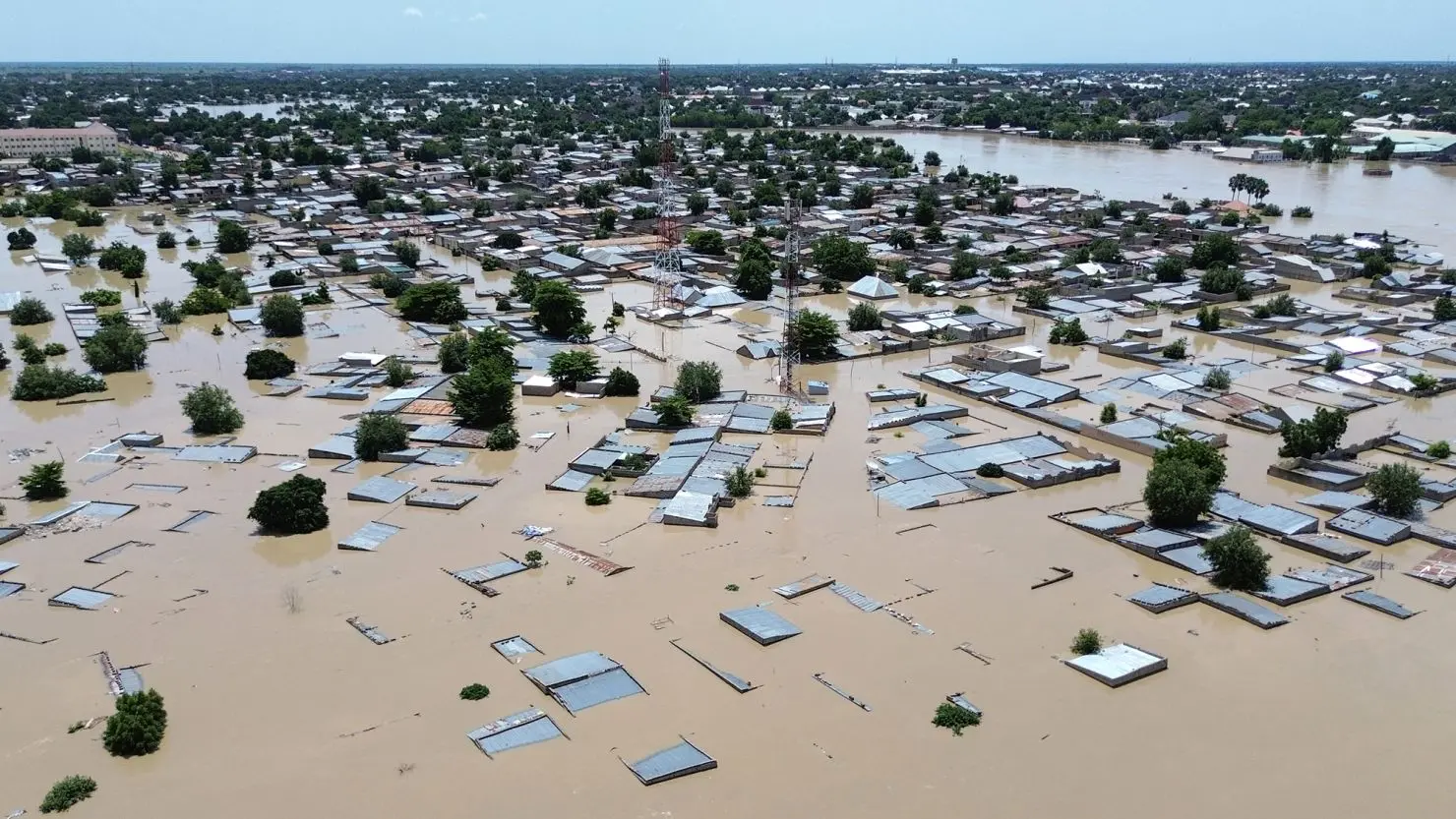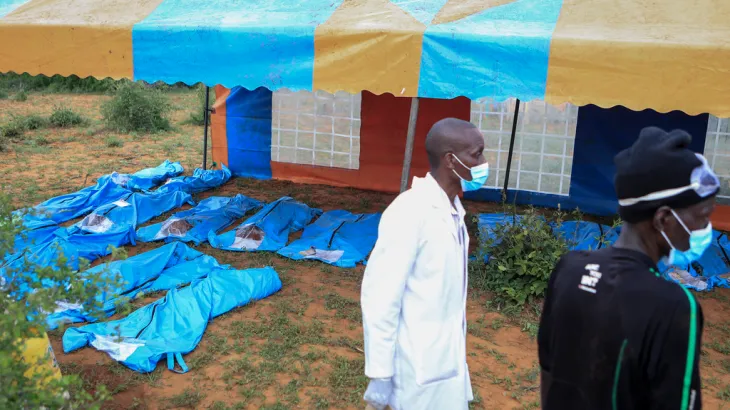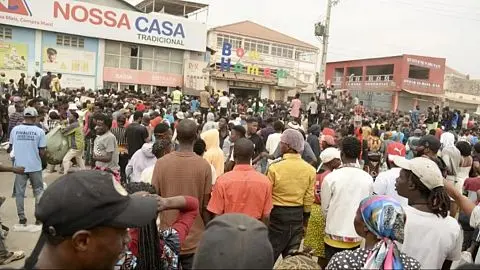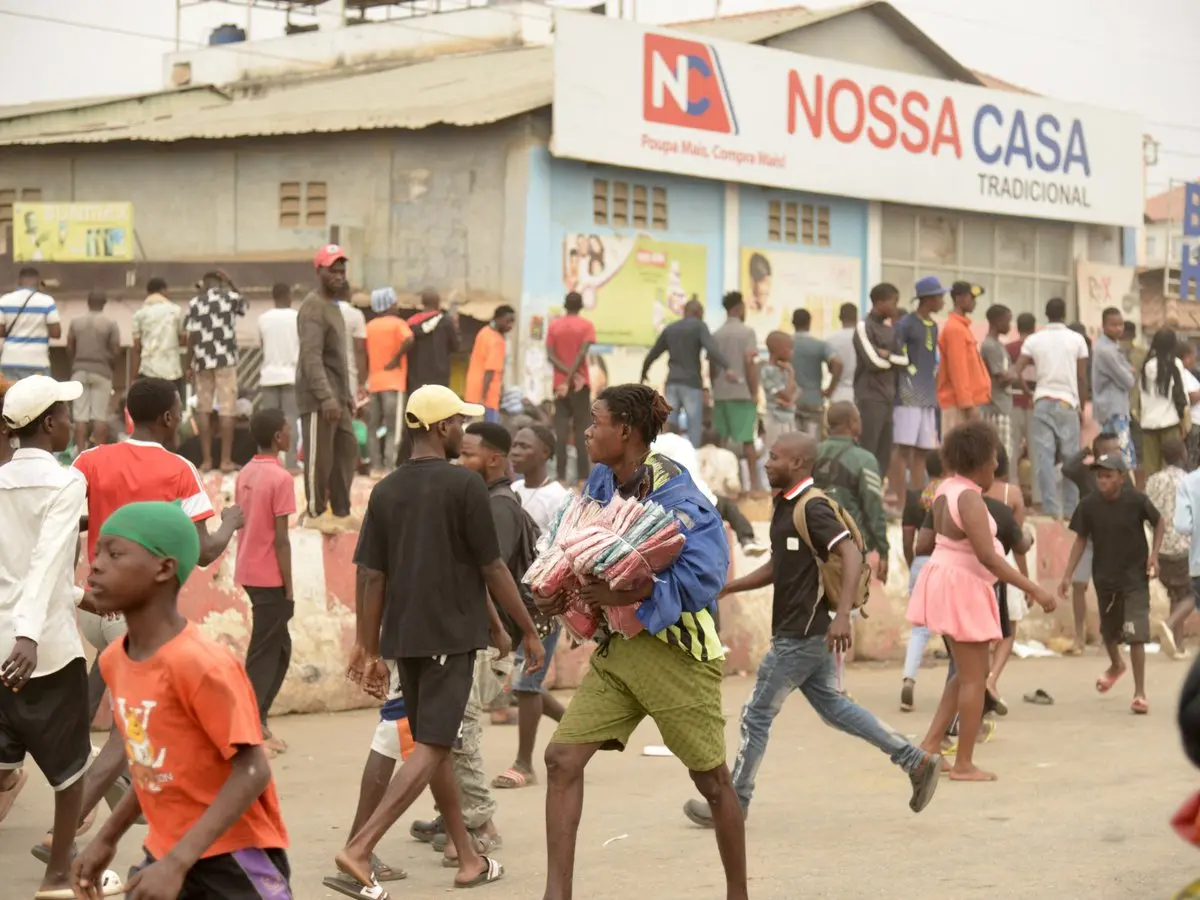Sudan’s RSF Declares Parallel Government, Deepening National Crisis
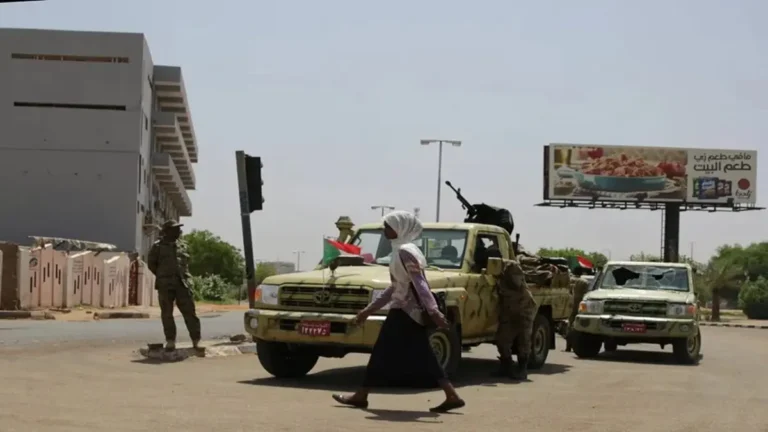
Photo: Africanews
July 29, 2025 Hour: 3:01 pm
Sudan’s civil war has entered a more volatile and fragmented phase following the announcement by the paramilitary Rapid Support Forces (RSF) of a rival government headquartered in Nyala, South Darfur.
The declaration, which came after closed-door meetings with allied groups, includes the formation of a 15-member Presidential Council led by RSF commander Mohamed Hamdan Dagalo, better known as Hemedti. Alongside him, Abdelaziz al-Hilu of the SPLM-N has been named deputy, while Mohamed Hassan al-Taishi has been appointed prime minister to lead what they call a transitional administration.
This development has prompted widespread condemnation. Sudan’s Foreign Ministry was quick to denounce the parallel government as illegitimate, warning foreign powers against engaging with the RSF-led administration.
The statement labeled the move a flagrant attempt at seizing power through armed force and accused the RSF of exploiting the suffering of civilians to consolidate authority in Darfur and beyond. It also painted the new governing body as a vehicle for personal ambition and divisive ideology.
The Sudanese Armed Forces (SAF), which continue to control key areas including Port Sudan and parts of Khartoum, echoed the government’s denunciation.
A military spokesperson described the RSF’s announcement as a desperate maneuver intended to bestow legitimacy on what he called a “criminal project.” He emphasized that the Dagalo family, particularly Hemedti, sought to rule Sudan for self-serving reasons, suggesting that the plan promotes racial division and undermines national unity.
The Arab League added its voice to the chorus of alarm, referring to the RSF’s declaration as a “blatant challenge to the will of the Sudanese people.” In a formal statement, the League urged all parties implicated in the initiative to cease unilateral actions that threaten the cohesion of the state. It also emphasized the importance of re-engaging in the Jeddah peace process and adhering to international humanitarian law to facilitate relief aid for civilians trapped in the conflict.
Sudan’s conflict, which erupted in April 2023, has displaced millions and left large swaths of the country under fractured governance.
The RSF currently maintains control over much of Darfur, Kordofan, and the south, while the SAF dominates the central and eastern regions. Recent fighting has intensified along these fault lines, deepening the country’s humanitarian emergency and complicating peace negotiations.
The RSF’s declaration of a transitional government is viewed by many analysts as a strategic bid to legitimize its territorial control and political influence ahead of anticipated international mediation.
By installing a presidential council and prime minister, it signals an intent to present itself as a viable alternative to the SAF-led government in Port Sudan, despite lacking international recognition or popular mandate.
Civil society groups in Sudan have reacted with concern, arguing that the move undermines possibilities for a unified civilian-led transition.
Many have warned that institutionalizing a parallel government could entrench Sudan’s de facto partition and pave the way for long-term instability. Voices from inside Darfur suggest that the RSF is using both force and selective negotiation to impose governance structures in regions under its control, bypassing traditional leadership and sidelining democratic norms.
The implications of this announcement stretch beyond Sudan’s borders. Regional actors, including neighboring South Sudan and Ethiopia, worry that a fully splintered Sudanese state could fuel cross-border violence, disrupt refugee flows, and jeopardize efforts to combat extremism in the Sahel and Horn of Africa. The international community, particularly the African Union and UN, face mounting pressure to address Sudan’s descent into factional rule.
As Sudanese communities brace for further upheaval, the prospects for a negotiated settlement grow more tenuous.
With competing administrations now laying claim to national legitimacy and international attention divided by global crises, Sudan risks becoming a cautionary tale of how internal conflict, if left unchecked, can morph into enduring state fragmentation. For many, the announcement in Nyala represents not just a political gambit, but a deepening of the nation’s trauma.
Author: OSG
Source: EFE-Africanews


